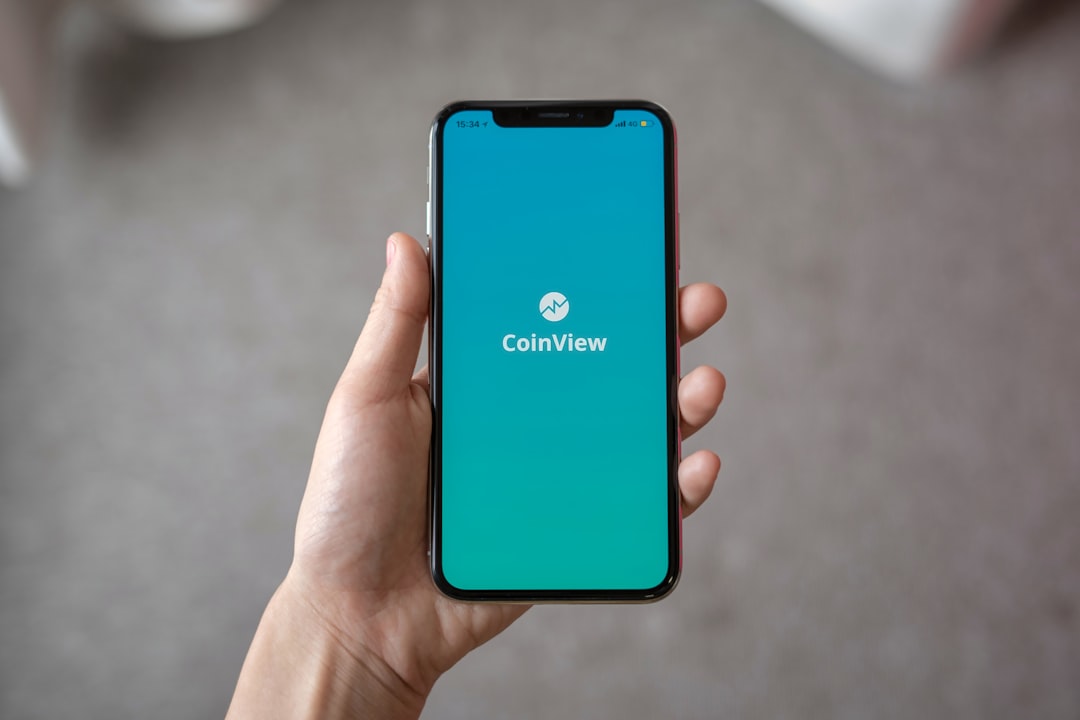In Virginia, understanding state spam call laws is essential for J. Frank Hillyard Middle School students. These laws protect against unwanted phone calls and teach digital citizenship, focusing on deceptive marketing by law firms. Students learn about legal frameworks, ethical implications, and the consequences of business violations. By recognizing spam calls and their legal implications, including the TCPA, students develop critical thinking skills to protect themselves from fraudulent practices, especially from spam call law firms in Virginia. Interactive lessons and role-playing help them navigate the digital landscape securely.
In today’s digital age, understanding Virginia’s spam call laws is essential for empowering middle school students with knowledge about consumer rights. This article explores a comprehensive lesson plan focused on legitimate business calls vs. spam, offering a practical approach to navigating the complex landscape of unwanted telephone communications. Through engaging activities and simulations, students learn how to identify and respond to real-life spam calls, fostering digital literacy and awareness among Virginia’s youth while highlighting the role of law firms in combating these practices.
Understanding Virginia's Spam Call Laws: A Foundation for Students

In the context of Virginia’s telecommunications landscape, understanding the state’s spam call laws is paramount, especially for students at J. Frank Hillyard Middle School. These laws, designed to protect consumers from unsolicited and annoying phone calls, form a crucial foundation for teaching digital citizenship and responsible technology use. Virginia’s spam call regulations target law firms and other businesses that engage in deceptive or nuisance marketing practices, ensuring residents’ peace of mind while using their phones.
By introducing these legal frameworks early on, students gain insights into the ethical implications of their online activities. They learn about the rights of individuals to control their contact information and the consequences for businesses that violate these privacy safeguards. This knowledge empowers them to make informed decisions regarding their digital interactions, fostering a culture of respect and responsibility in an era where technology plays an increasingly significant role in daily life, especially with many law firms leveraging phone marketing strategies.
The Impact of Unwanted Telephone Communications

Unwanted telephone communications, commonly known as spam calls, can significantly impact individuals and communities, especially when targeted at schools or educational institutions. These unwanted phone calls, often from law firms or other businesses, can disrupt classroom activities and cause stress among students and teachers alike. In today’s digital age, where communication methods have evolved, it becomes increasingly important to educate young minds about the potential drawbacks of such practices.
In Virginia, where there is a strict Spam Call law, implementing lessons on legitimate calls versus spam can empower students to recognize and handle these situations effectively. By understanding the legal implications and personal privacy concerns tied to unwanted communications, students can develop critical thinking skills and learn how to protect themselves from potential scams or invasive marketing tactics.
Exploring Legitimate Business Calls vs Spam: Key Differences

In today’s digital era, students at J. Frank Hillyard Middle School in Virginia are increasingly exposed to various types of calls, including those from law firms. It’s crucial for them to understand the difference between legitimate business calls and spam. Legitimate calls from law firms often serve as a means of providing legal advice or services, ensuring compliance with local laws such as those outlined by the Virginia Spam Call Law. These calls typically originate from recognized entities with a genuine interest in engaging potential clients. They are likely to provide valuable information about legal rights, responsibilities, and available assistance.
On the other hand, spam calls often masquerade as legitimate businesses but lack transparency or purpose. Unlike their genuine counterparts, these calls frequently violate privacy laws by failing to identify themselves clearly or obtaining consent before contacting individuals. Students should be vigilant in identifying red flags like automated voices, requests for personal information over the phone, or non-existent legal services being offered at alarmingly low prices. Such practices are not only unethical but may also fall under the category of illegal spam calls, as per Virginia’s regulations, aimed at protecting residents from intrusive and deceptive marketing tactics.
Middle School Lesson Plan: Teaching Students about Consumer Rights

In today’s digital era, where communication takes many forms, it’s crucial to educate middle school students about their consumer rights, especially regarding spam call law firms in Virginia. A well-structured lesson plan can empower students to navigate the complex landscape of consumer protection. The first step is to introduce the concept of spam calls and their legal implications. Teach students about the federal laws and regulations that restrict unsolicited phone marketing, such as the Telephone Consumer Protection Act (TCPA). This foundation will help them understand their rights to refuse and block unwanted calls.
Through interactive activities, encourage students to explore real-life scenarios where they might encounter spam calls. Discuss common tactics used by law firms to market their services and educate them on how to spot fraudulent or aggressive sales techniques. Emphasize the importance of verifying the legitimacy of a call before providing any personal information. By integrating practical exercises and case studies, students can develop critical thinking skills to protect themselves from potential violations of consumer rights, particularly when dealing with spam call law firms in Virginia.
Practical Exercises: Simulating and Responding to Real-Life Spam Calls

In the practical exercises for this Broadway J. Frank Hillyard Middle School lesson plan, students will get a firsthand experience with legitimate calls versus spam calls. This interactive approach involves simulating real-life scenarios where students role-play both callers and recipients. They’ll learn to identify red flags commonly used by spam call law firms in Virginia, such as pressure tactics, urgent requests for personal information, or claims of free services.
Through these simulations, students will develop crucial skills in discerning genuine communications from deceptive practices. They’ll practice responding assertively to unwanted calls, understanding their rights under Virginia’s anti-spam laws, and knowing when to hang up or report suspicious activity. This hands-on approach ensures that students are prepared to navigate the digital landscape with confidence and security.






